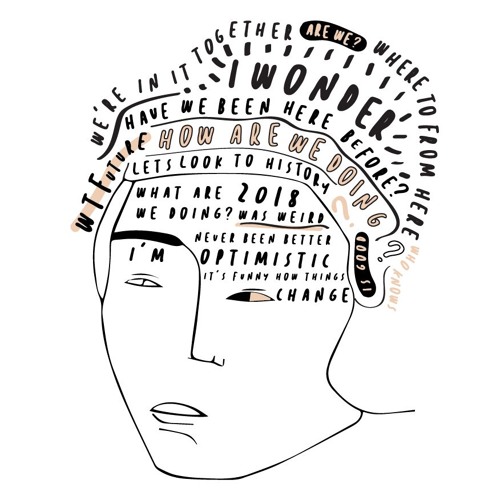
In reality, their status was worse than that of animals: regulations prohibiting cruelty against dogs, horses and cattle were significantly more punitive than laws against cruelty to women. In 1872, a woman known only as 'An Ernest Englishwoman' published an open letter entitled 'Are women animals?', in which she protested the fact that women were not treated as fully human. "synopsis" may belong to another edition of this title.īook Description Paperback. In this meticulously researched, wide-ranging and illuminating book, Joanna Bourke explores the legacy of more than two centuries, and looks forward to what the future might hold for humans and animals. If she had been capable of looking 100 years into the future, she might have wondered about chimeras, created by transplanting animal fluids and organs into human bodies, or the ethics of stem cell research. In her time and beyond, the debate around human status involved questions of language, facial physiology, and vegetarianism. What does it mean to be 'human' rather than 'animal'? If the Ernest Englishwoman had turned her gaze to the previous century, her critique could equally have applied to slaves.

Reflections from 1791 to the Present (Virago, 2011).In 1872, a woman known only as 'An Ernest Englishwoman' published an open letter entitled 'Are women animals?', in which she protested the fact that women were not treated as fully human. She has recently published What It Means to Be Human. Among her books translated into Spanish and/or Catalan are The Second World War: A People’s History, 2001, Oxford University Press ( La Segona Guerra Mundial: una història de les víctimes, 2003 Empúries 2002, Paidós, 2002) An Intimate History of Killing: Face-to-Face Combat in Twentieth-Century Warfare, 2000, Basic Books ( Sed de sangre: historia íntima del combate cuerpo a cuerpo en las guerras del siglo XX, 2008, Crítica) and Rape: A History from 1860 to the Present, 2007, Virago Press Limited ( Los violadores: historia del estupro de 1860 a nuestros días 2009, Crítica). She is presently directing research into bodily pain over the last two centuries. (Blenheim, New Zealand, 1963), Professor of History at Birkbeck College at the University of London, describes herself as a “socialist feminist” and has covered a wide range of themes in her research: the history of the working class and women’s work experiences of men and women in times of war a history of the emotions, especially fear and hatred and a history of sexual violence.


 0 kommentar(er)
0 kommentar(er)
